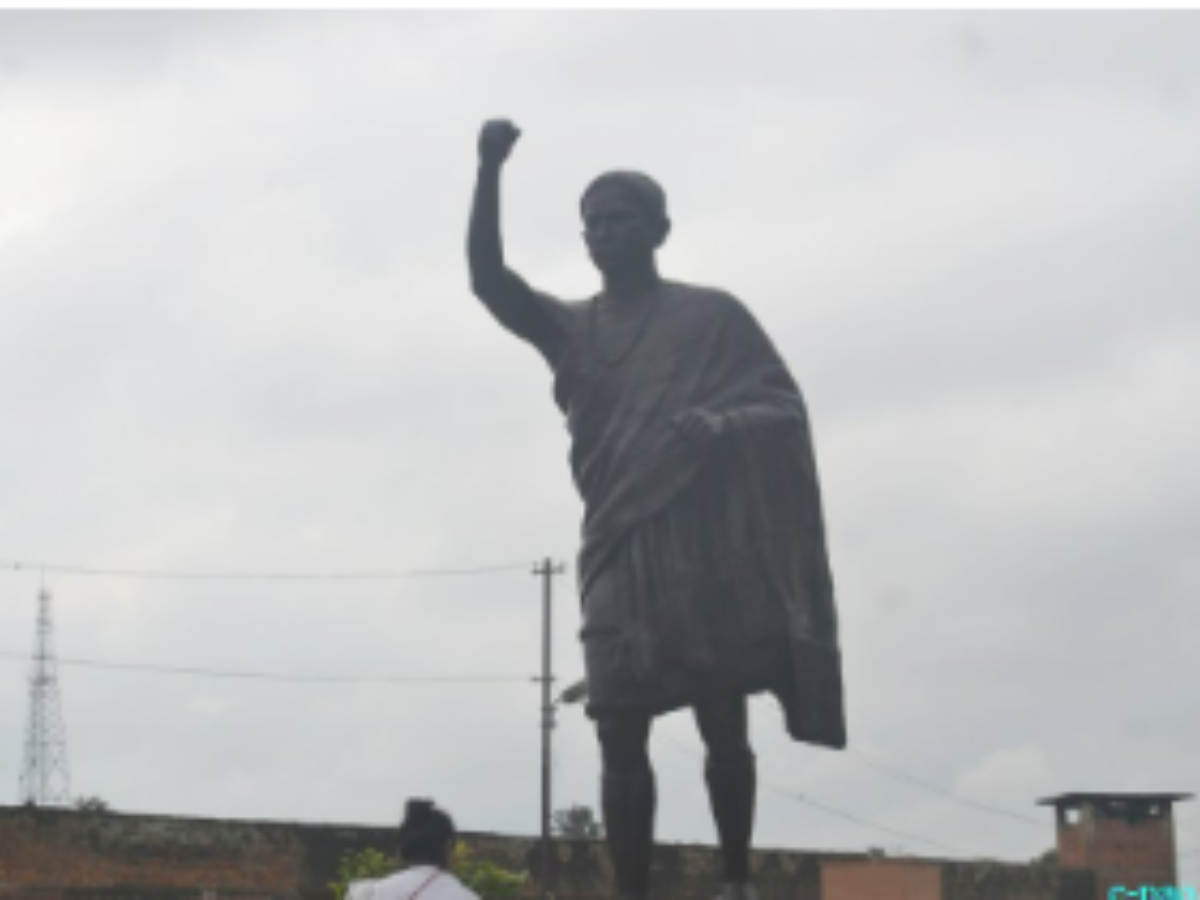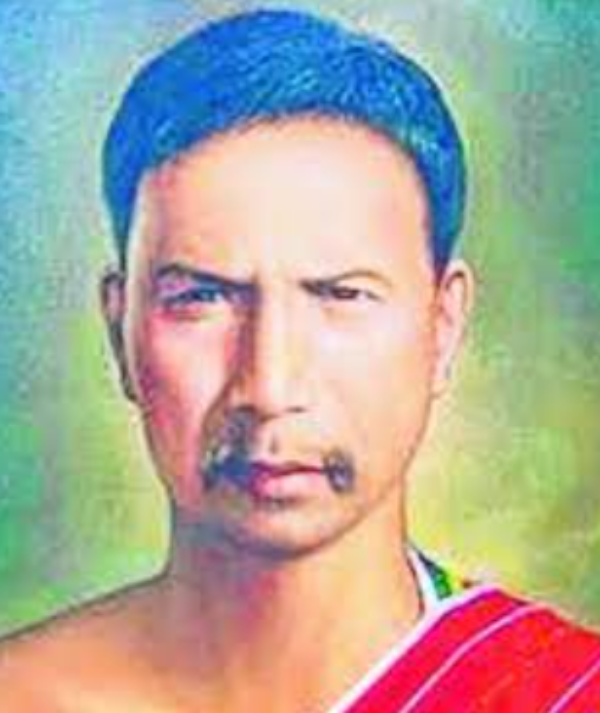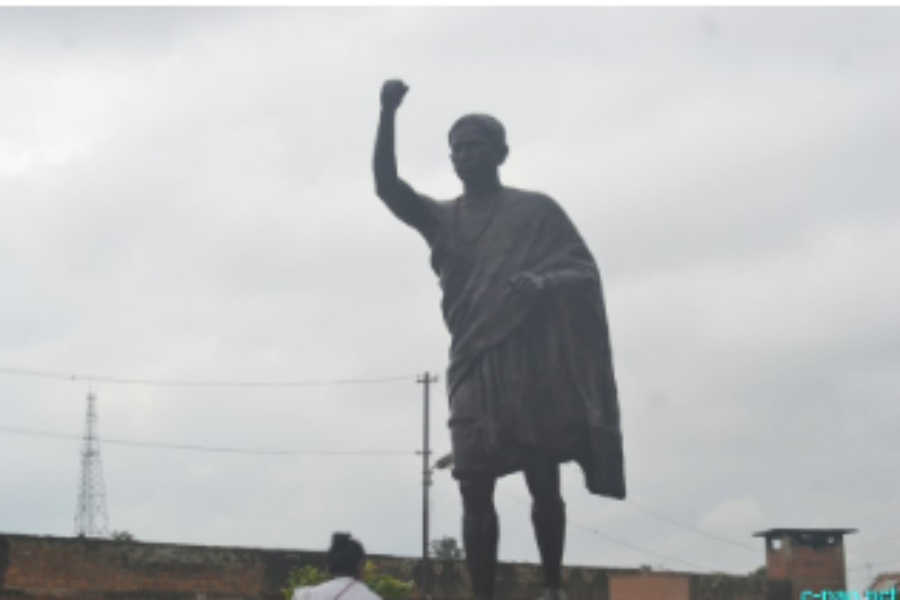State
Tribe Name
Art Type
short description
Haipou Jadonag was born in 1905 in the Tamenglong district of Manipur. He belonged to the Malangmei clan of the Rongmei Naga Tribe. Jadonang was a very spiritual boy who would spend nights at sacred places such as Bhuvan Pahar in Assam and Zeilad Lake in Manipur where he would practice healing and prophetic ministry. Jadonang's fame spread among the Zeliangrong people as his spiritual powers grew.
Thumbnail

Filter Postion
Left
Filter Background
Off
Theme
Filter Header Image

content
Image

description
Haipou Jadonag was born in 1905 in the Tamenglong district of Manipur. He belonged to the Malangmei clan of the Rongmei Naga Tribe. Jadonang was a very spiritual boy who would spend nights at sacred places such as Bhuvan Pahar in Assam and Zeilad Lake in Manipur where he would practice healing and prophetic ministry. Jadonang's fame spread among the Zeliangrong people as his spiritual powers grew.
Jadonang resisted the forced religious conversions by the British, which he viewed as a form of denial of indigenous Naga ways of life. Jadonang witnessed the economic and cultural devastation of British colonialism and wanted to restore Naga ideas, customs, and beliefs. Some historians argue that he served in the Labour Corps during World War I, which enraged his opposition to colonial rule, while other historians disagree.
Jadonang resisted the forced religious conversions by the British, which he viewed as a form of denial of indigenous Naga ways of life. Jadonang witnessed the economic and cultural devastation of British colonialism and wanted to restore Naga ideas, customs, and beliefs. Some historians argue that he served in the Labour Corps during World War I, which enraged his opposition to colonial rule, while other historians disagree.
Image Mode
landscape
Image

description
Jadonang founded the Heraka movement, a socio-religious reform movement of the worship of Tingkao Ragwang centered on unity within the Zeliangrong tribe. Jadonang wanted to establish resistance to British colonial rule and formed training for indigenous youth and men and women he called the Riphen; they were trained in warfare and how to serve the community. His growing popularity and activities, including receiving tribute, angered British authorities. He was arrested under false accusations of sedition and murder and ultimately hung in 1931. Jadonang's legacy lived on through his follower, Rani Gaidinliu.
Image Mode
landscape
promoted
On
Verified
Off
